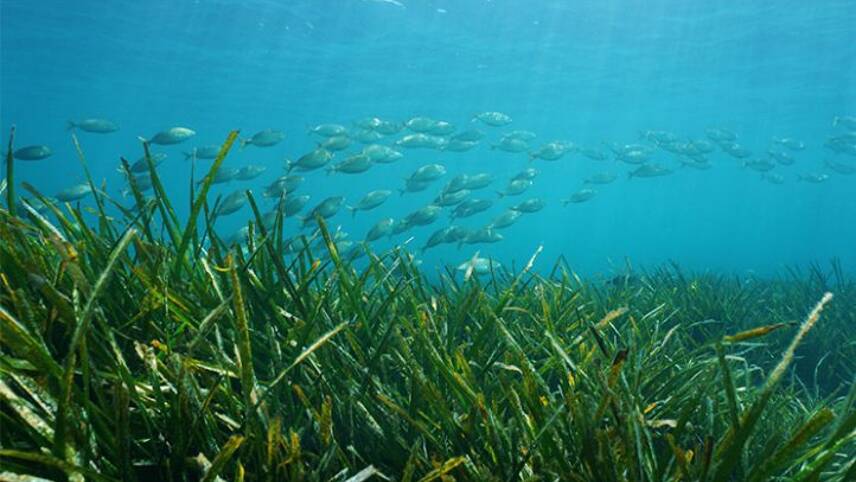Register for free and continue reading
Join our growing army of changemakers and get unlimited access to our premium content

Investor interest in 'blue finance' is growing
The public finance commitment was led by the European Investment Bank (EIB), France’s development agency and Germany’s KfW development bank, under the existing Clean Oceans Initiative. The Initiative was already working to raise €2bn of finance by 2023 and used the Summit to announce an ambition to double that amount by 2025.
To date, the Initiative has provided €1.6bn. It funds projects working to tackle the most pressing sustainability issues facing the oceans, including the mismanagement of plastics and wastewater, and estimates that more than 20 million people have benefitted from the projects supported to date. Funding is provided globally – not just to projects in Europe – with a focus on regions grappling with issues like a lack of waste management infrastructure.
The increase in funding commitments from the Initiative is partly attributable to its growing membership. The European Bank for Reconstruction and Development (EBRD) joined the Initiative at the Summit, which took place in Brest, France.
“I am proud of the success of the Clean Oceans Initiative and warmly welcome the EBRD as our new partner in the pursuit of our ambition,” said the EIB’s president Dr Werner Hoyer. “This kind of cooperation is crucial to tackling global challenges and a great example of the value that EIB Global, our dedicated arm for global partnerships, can bring. Clean oceans are essential for a sustainable planet.”
The move from the EBRD comes after it committed, last year, to align its financing activities with the Paris Agreement’s temperature pathways by the end of 2022. It has also committed to ensuring 50% of its investments are in “green” activities by 2025 and will use the EU’s finance taxonomy to guide accounting.
Private sector action
Also at the Summit, a coalition of businesses, NGOs and government representatives launched a new initiative to create and grow a better “ecosystem” for ocean finance. The aim is to unlock more private investment in marine and coastal projects as interest in nature-based solutions investment grows, with a specific target of $500m by 2030.
Participating in the initiative are AXA, Bank of America, Willis Towers Watson (WTW) and Palladium, as well as WWF. All of these organisations are members of the existing Ocean Risk and Resilience Action Alliance (ORRAA), which is spearheading the initiative. ORAA receives additional funding from the UK Government, the Canadian Government and impact investment platform Builders Initiative.
Under the initiative, participants will collaborate to create and scale three new parts of the ocean finance “ecosystem”. The first is a finance facility that investors will be able to use to manage new investments in nature-based solutions going forward. For existing projects, an Umbrella Facility will be developed to provide technical support.
The third and final part of the initiative will be a risk reduction mechanism, to help develop and deploy insurance products and guarantees for nature-based solutions, thus making them more investable.
ORRAA said in a statement it is launching the initiative in recognition of the fact that less than 1% of climate finance from the private and public sectors is currently invested into marine and coastal nature-based solutions.
“By aligning business and financial objectives with the protection of the Ocean’s natural assets, we will be preventing today’s coastal resources from becoming tomorrow’s stranded assets,” said ORRAA’s executive director Karen Sack.
“The bottom line is that Ocean risk and climate risk equal financial risk and this is not a problem for 30 years’ time – it is a problem of today. This is how we move from recognising the need for a step-change in investment to a sea change in how we approach it.”
According to the World Economic Forum (WEF), $44trn – more than half of global GDP – is exposed to risks from nature loss. Similar research from WWF found that nature loss will cost the global economy at least £8trn by 2050 without transformational action from the public and private sectors, alongside governments.
Sarah George


Please login or Register to leave a comment.